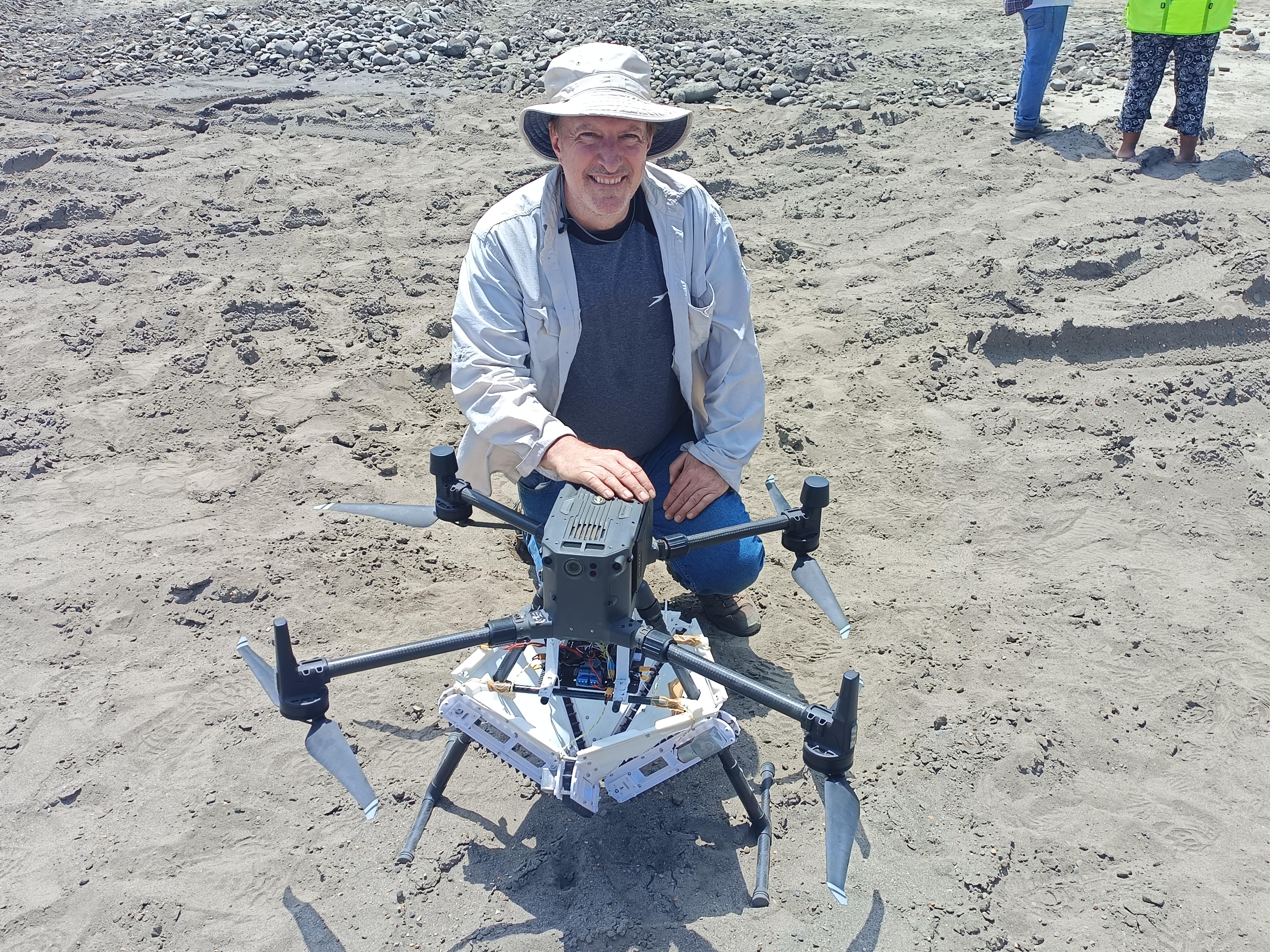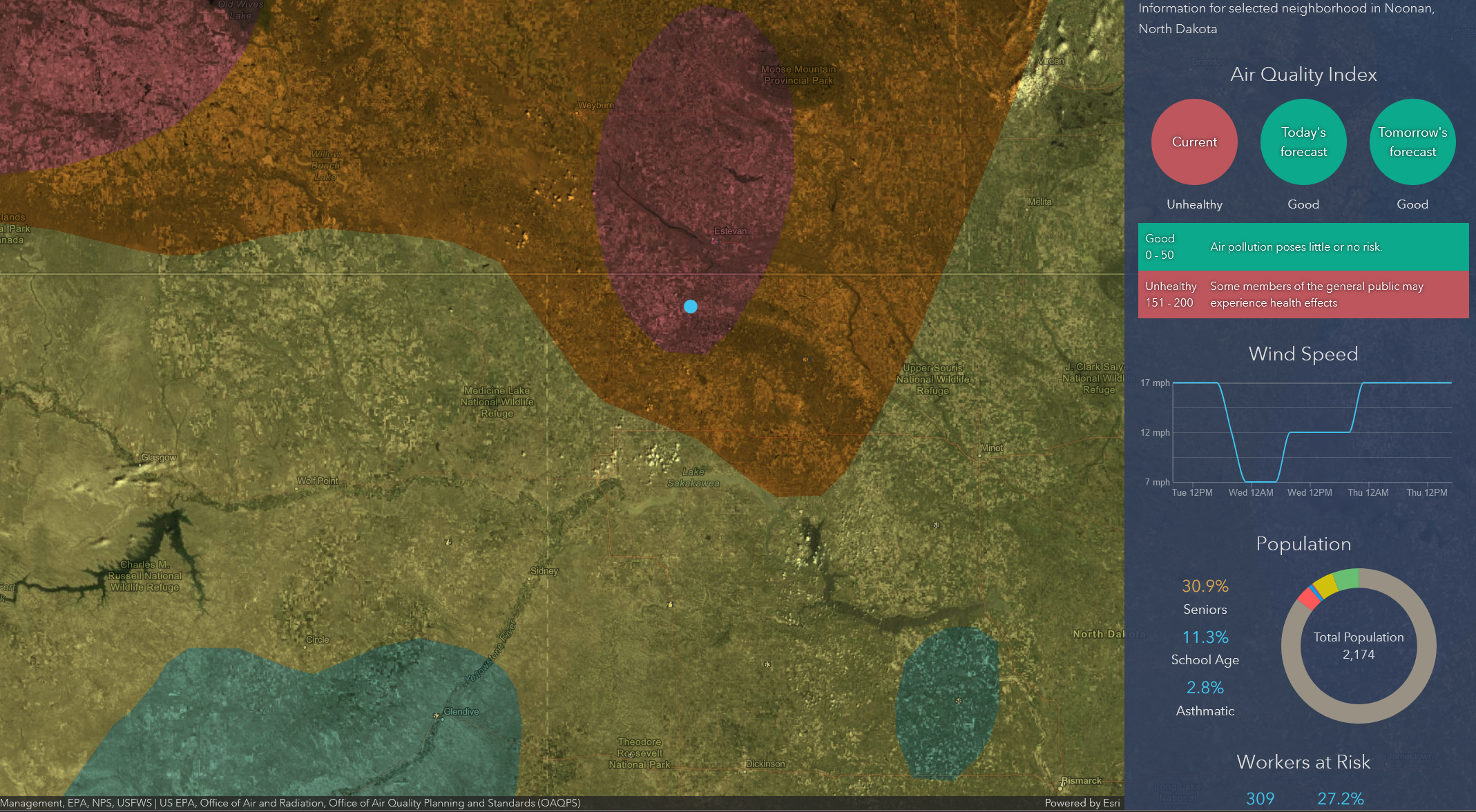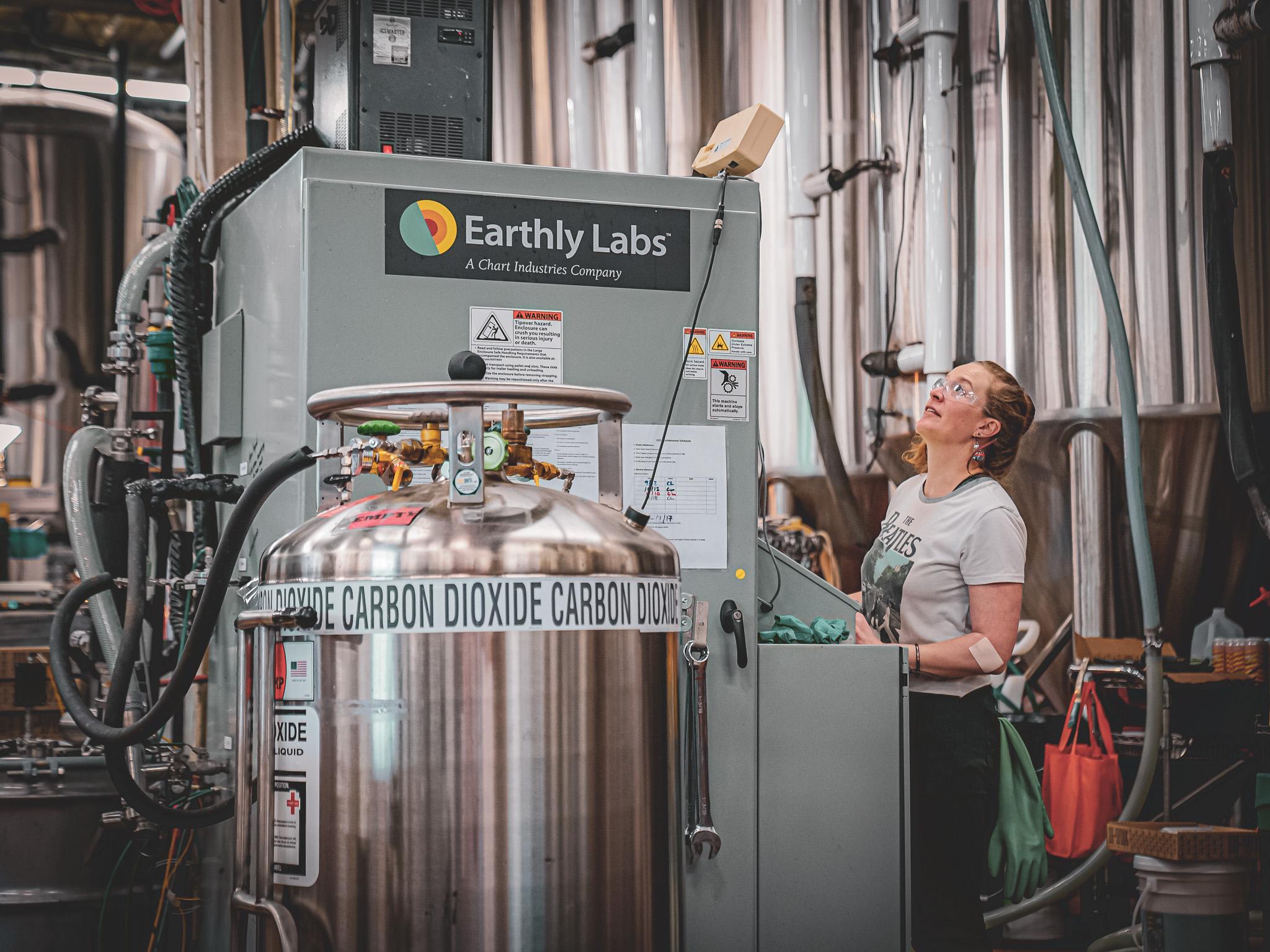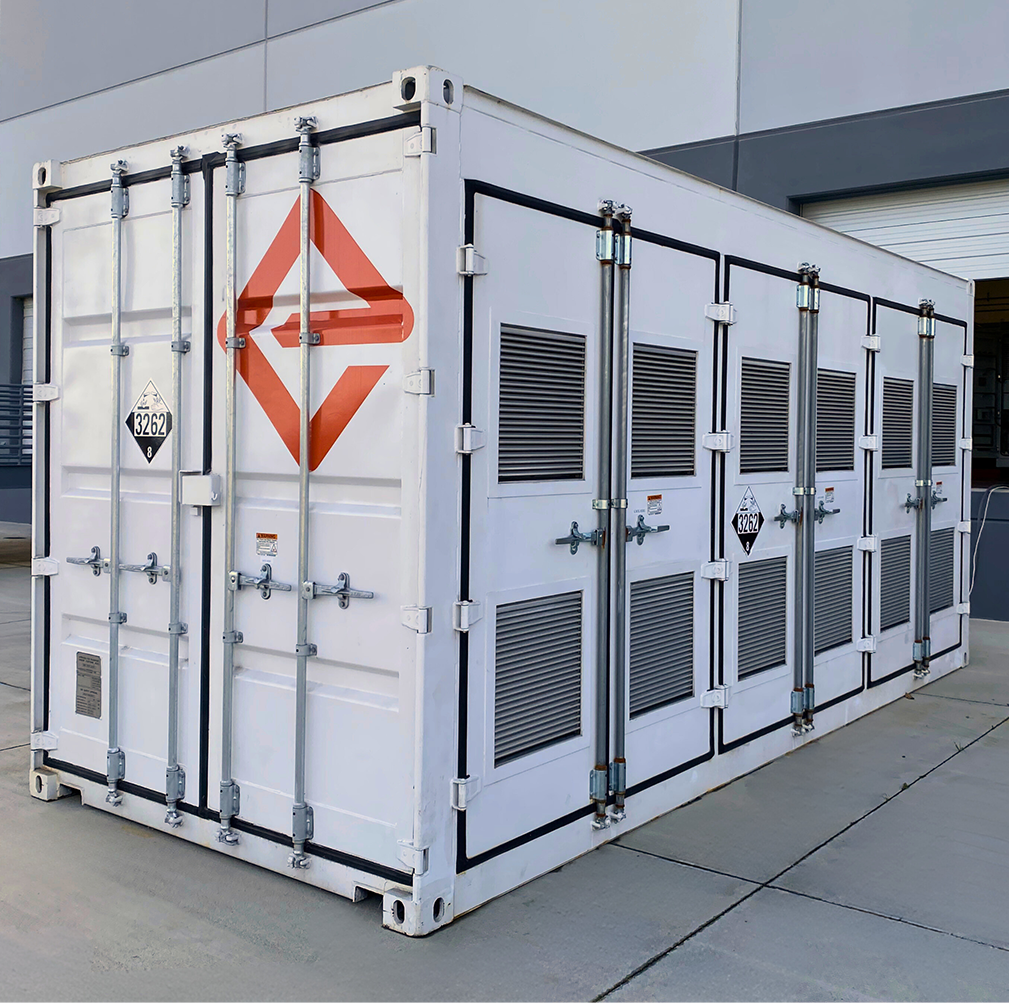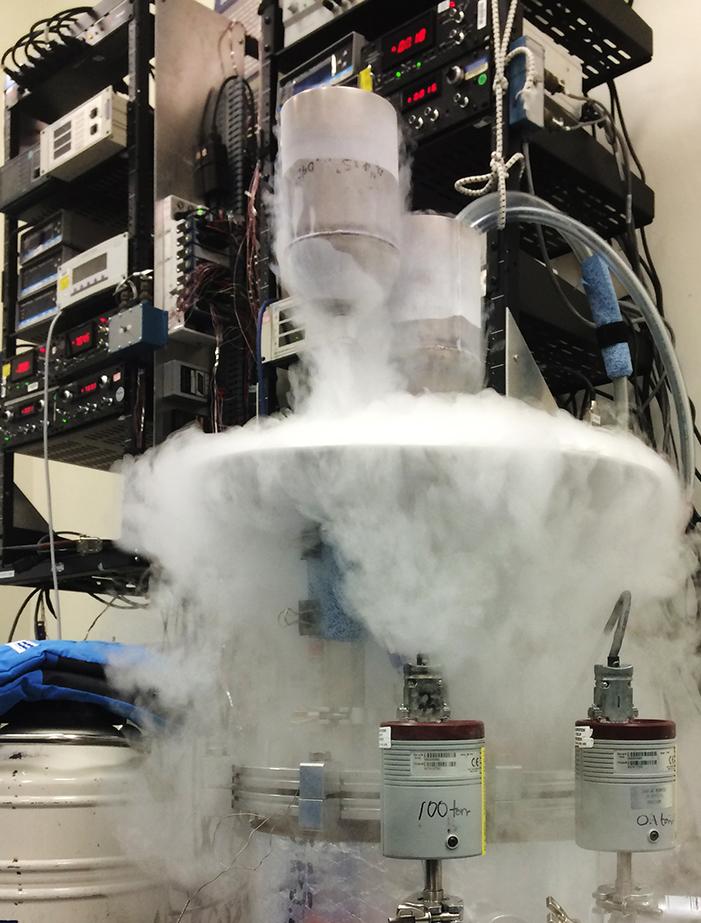Marching Microbes
Biological products for a cleaner and safer environment are the business of Micro-Bac International, Inc., of Round Rock, Texas. The company has benefited from NASA Small Business Innovation Research (SBIR) funding by the Marshall Space Flight Center. NASA had contracted the group to develop a phototropic cell for water purification systems. This type of technology is necessary for use aboard space stations, and eventually, human habitats on the Moon and Mars. The phototropic cell requires less energy than competitive water treatment cells.
Since the project's completion in 1995, the company has been marketing a liquid purification product called Mega-BacTF®. This creation is currently manufactured and marketed for septic systems and wastewater ponds, lakes, and lagoons to degrade fat, oil, fecal matter, and other biologically derived wastes.
Mega-BacTF® is an all natural, non-pathogenic, environmentally friendly bacterial solution requiring no special clothing or equipment for treatment. Other treatment processes require the use of goggles, gloves, and laboratory coats. The metabolic process produce the enzymes necessary for degrading septic wastes and reducing odor. Sunlight is the energy source for the process, with no carbon monoxide or hydrogen sulfide generated.
The light-driven waste remediation system, using phototrophic bacteria, offers significant advantages over conventional aerobic or anaerobic waste treatment systems from the viewpoint of safety, flexibility, cost effectiveness, and performance. In geographical areas with adequate amounts of sunlight, this system is considerably more cost effective than traditional sludge aerobic systems.
Given increasing populations and the continual growth of industries, waste can overwhelm the environment. In the area of wastewater treatment, where each situation can vary, the firm has made a major contribution. Micro-Bac® is a product that takes on a multitude of organic wastes from food, humans, animals, and plants. In large wastewater systems, ponds, and lagoons, for example, the company's product improves operating efficiency by reducing sludge and grease. Furthermore, shock-loading problems are alleviated and odors are controlled. Micro-Bac® has been found ideal for municipal wastewater systems and other large septic systems. The product's naturally occurring micro-organisms digest organic wastes and reduce biochemical oxygen demand, chemical oxygen demand, and the contaminant levels of total suspended solids.
Other products sold by the company are targeted at food processing and food service applications. For use at dairy plants, for instance, a product is offered to accelerate the natural degradation of wastes, such as fat, oil, milk, carbohydrates, and protein.
By harnessing the power of bacterial activity, petroleum production can be improved. With regular treatment, another company product can increase oilfield production, lower operating costs, reduce downtime, and improve physical oil characteristics.
Micro-Bac International has blossomed into a full-service research and development company specializing in manufacturing environmentally friendly biological solutions for a customer's problem. Sales of products are on the increase. Indeed, as a customer-driven company, Micro-Bac International's products are developed specifically for a client's individual environmental issue. Following extensive research and testing of a customer's sample, Micro-Bac International produces the microbial product that offers the most beneficial results.
Mega-BacTF® and Micro-Bac® are registered trademarks of Micro-Bac International, Inc.
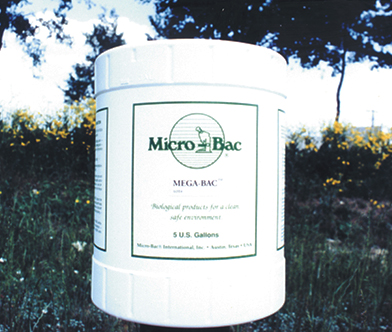
Treatment of wastewater utilizing the metabolic activity of light-sensitive bacteria was spurred by NASA's need for water purification processes useful in space habitats.




